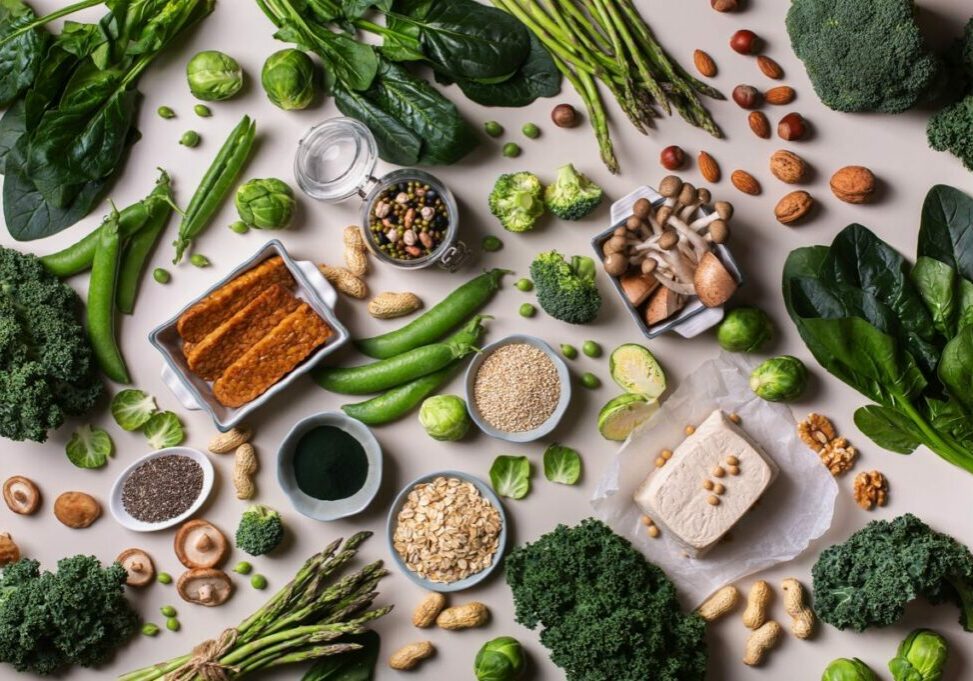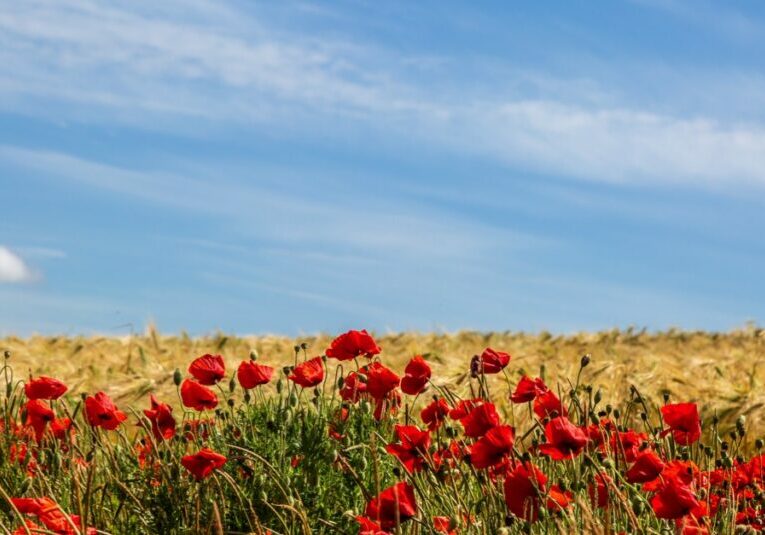An astonishing one-third of the food produced for human consumption is either lost or wasted. When food is thrown away, we’re wasting all the energy, space and water it takes to grow, harvest, package and transport it.
And when food rots in landfill, it releases methane – a greenhouse gas even more harmful than carbon dioxide.
Of course, it’s best to not buy more food than we can use, to prevent things being thrown away, but sometimes plans change or ingredients get forgotten at the back of the fridge.
Our ideas will help you salvage eight of the UK’s most commonly wasted foods (according to research by climate action group WRAP) and turn them into amazing meals.
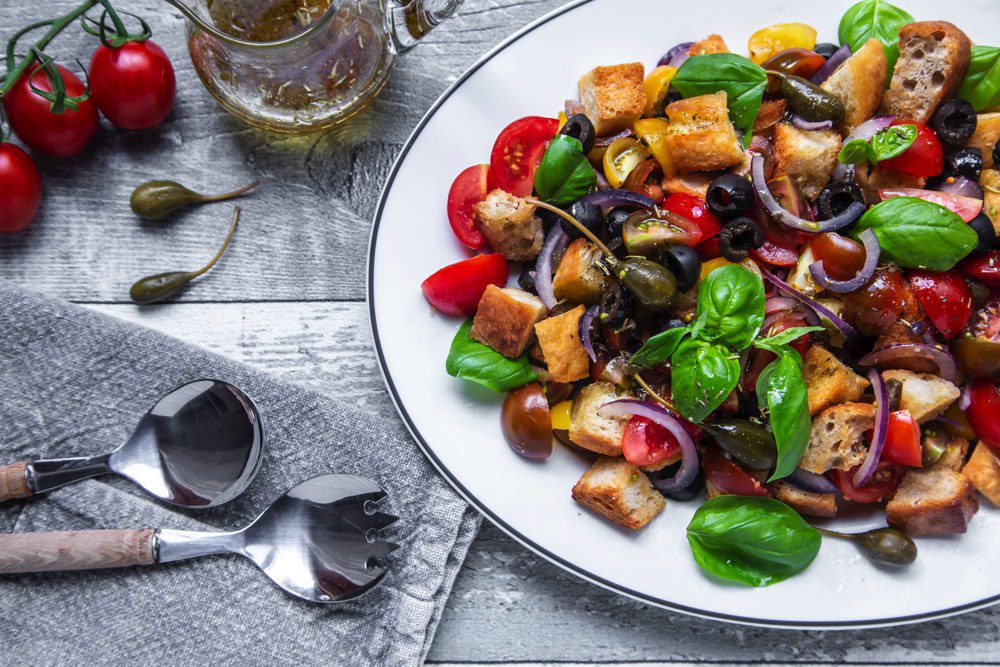
Bread
Wasted every day: 20 million slices
What you can do: To give stale slices a new lease of life, bake them into crispy croutons, or blitz into breadcrumbs to freeze for future use. Craft a panzanella salad by baking torn bits of bread and combining them with tomatoes, onions, olive oil and fresh basil. Stale pitta breads can be cut and baked into crunchy chips, perfect for dipping. For a sweet fix, bake a bread-and-butter pudding, a dessert rooted in preventing food waste, or fry up fluffy French toast – stale bread is perfect. Keep a sliced loaf in the freezer for toast on demand without ever getting stale.
Bananas
Wasted every day: 1.2 million bananas
What you can do: Brown bananas might look unappealing, but they’re bursting with sweetness. Bake them into treats such as oaty banana breakfast muffins, try this banana spelt loaf cake for a twist on classic banana bread, or whip up simple yet super fluffy banana pancakes. If you’ve still got a few too many bananas, peel and freeze them for later; add them to a high-powered blender with milk and blitz until smooth for a healthier take on ice cream; or whizz with your favourite fruit for refreshing, ice-cold smoothies.
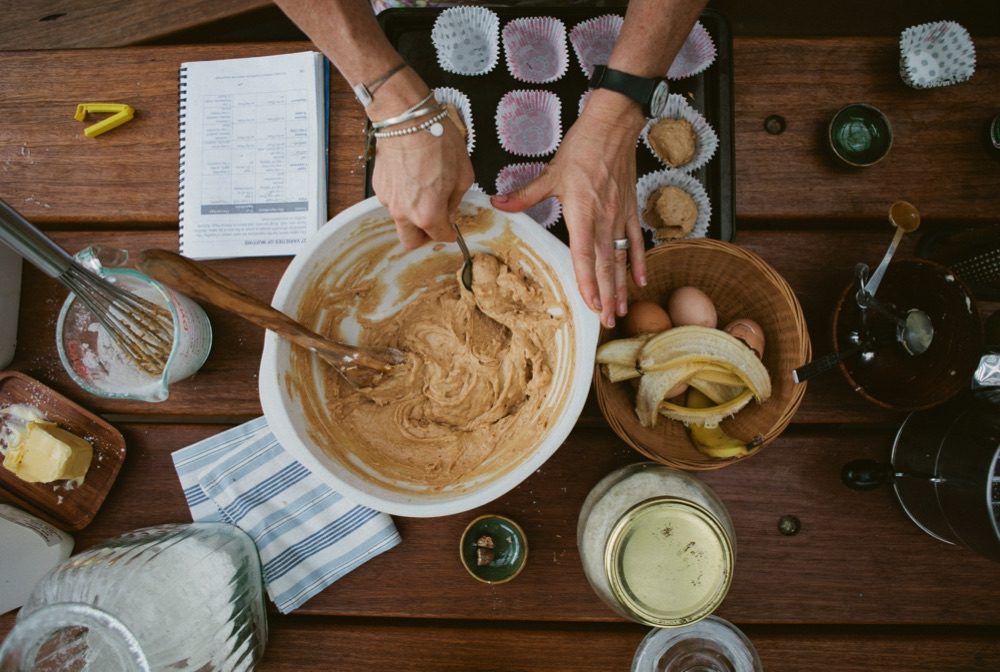
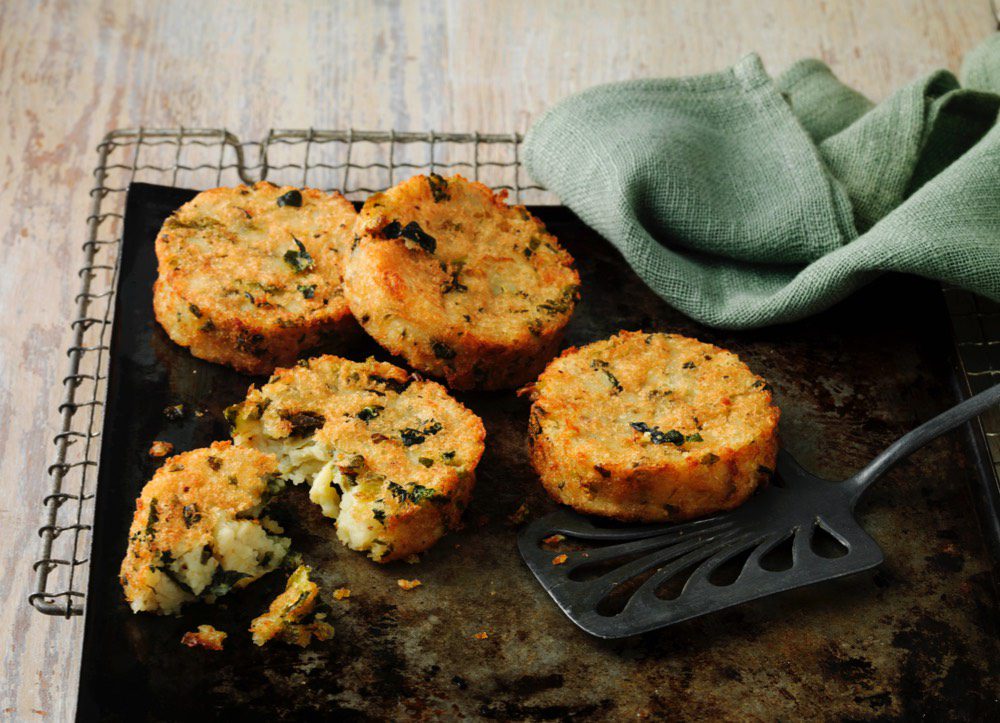
Potatoes
Wasted every day: 4.4 million potatoes
What you can do: Surplus spuds hold boundless potential to take the spotlight in mains, sides and small plates, whether it’s a classic bubble & squeak, an easy frittata or spicy patatas bravas. Pan-fry grated potatoes into crispy hash browns, latkes or rösti. Parboiled potatoes can be cut and frozen, ready for roasting into potato wedges or roasties – just remember to let them cool first. And instead of throwing away potato peelings, drizzle them with oil and sprinkle with your choice of seasoning – try salt and vinegar, or smoked paprika – and bake them into crisps.
Tomatoes
Wasted every day: 1.2 million tomatoes
What you can do: Transform wrinkly tomatoes into an easy pasta sauce or passata and freeze for later; they’ll trump any store-bought sauces. Make a roast tomato and basil soup, craft a tangy tomato chutney or zesty salsa, or create a tomato conserva, perfect for spreading on bruschetta. Or why not try your hand at semi-dried tomatoes? Simply season and roast on a low heat for a couple of hours, then pack into jars with olive oil.
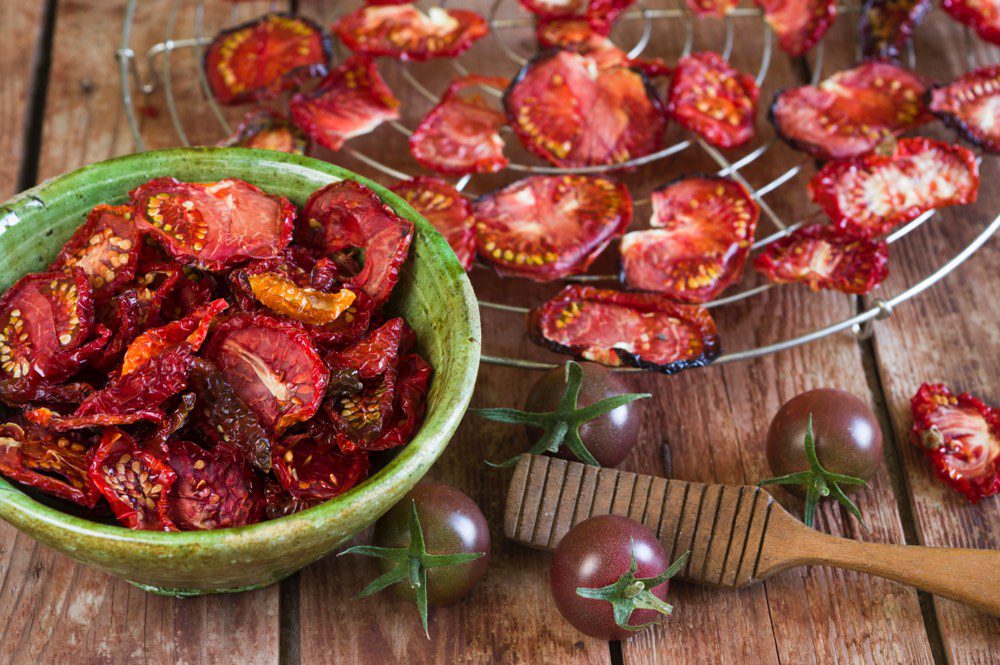
The future of food production
Intensive agriculture has taken its toll on the UK landscape. But a new breed of farmers are working with nature to change our food system for the better.
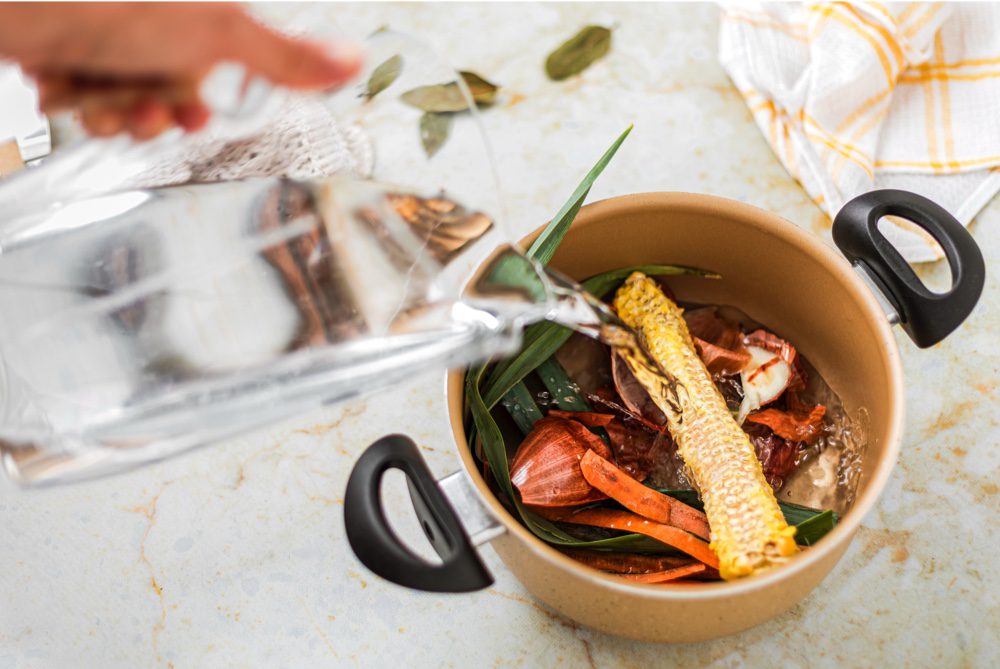
Carrots
Wasted every day: 2.7 million carrots
What you can do: Revive limp carrots by roasting with your favourite herbs and spices, add into mash, or make a fragrant carrot soup. For a sweet treat, bake them into a classic carrot cake, or blend into smoothies for a boost of vitamin C. And did you know you that carrot peelings (along with other vegetable scraps) can be repurposed to create your own zero-waste stock? Simply combine the peelings with equal parts water, bring to the boil and simmer for one to two hours. Then transfer to jars and store in the fridge or freezer.
Milk
Wasted every day: 3.1 million glasses
What you can do: If you find yourself with more milk than you can consume with tea and cereal, whisk it up into a rich béchamel sauce, perfect for lasagne or creamy mac and cheese. Transform spare pints into pancakes with savoury toppings for an quick, easy dinner, or satisfy your sweet tooth with creamy rice pudding, panna cotta or custard. You can always freeze milk for later, and even if it’s reached its use-by date, don’t rush to pour it down the sink. Do a ‘sniff test’ and trust your senses over the date printed on the bottle – it might be perfectly fine!
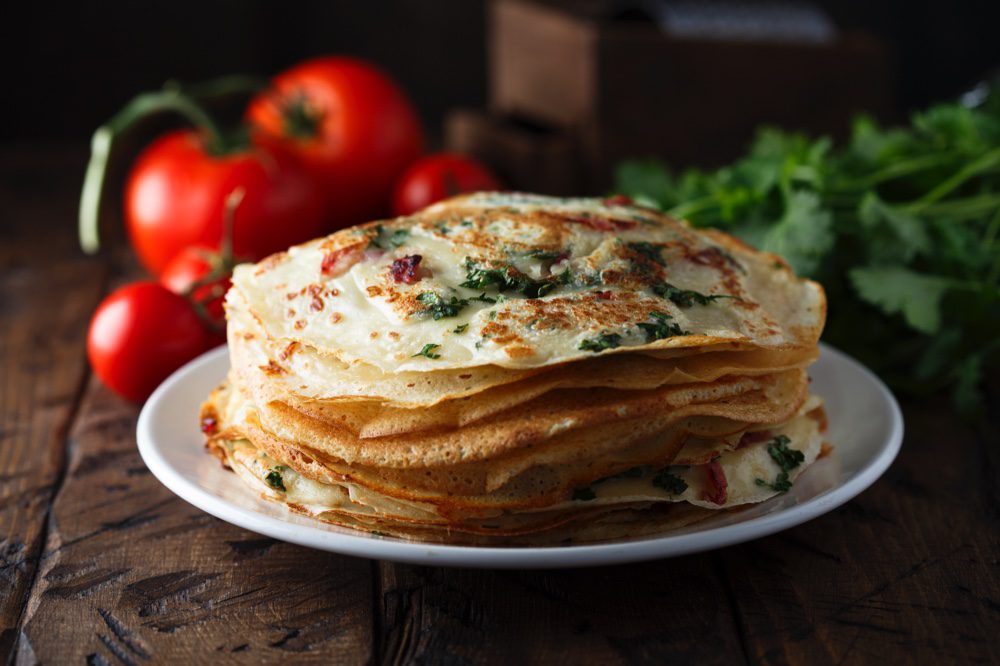
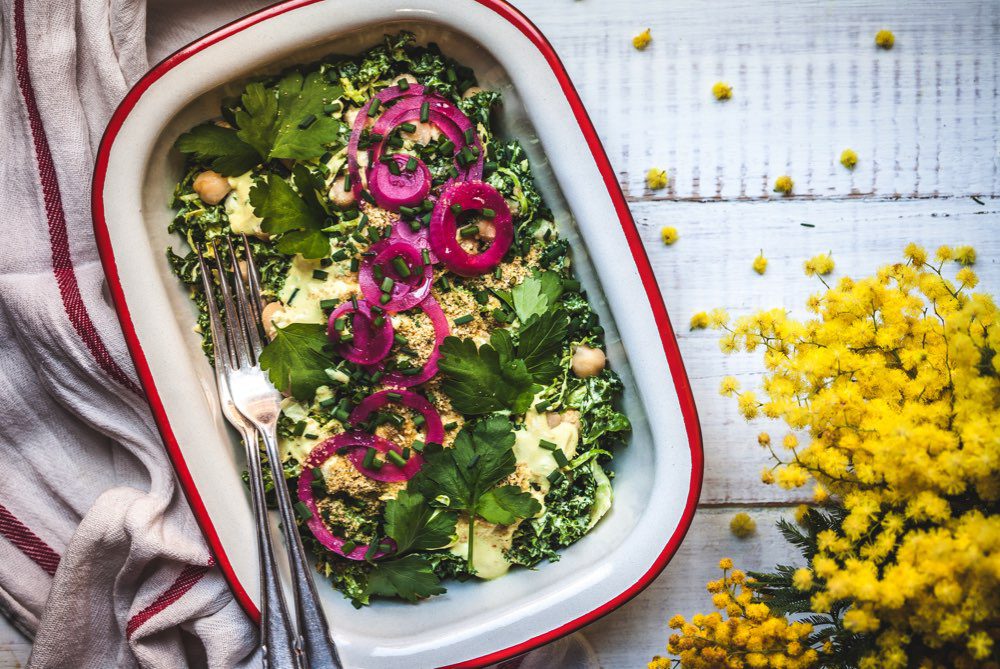
Onions
Wasted every day: 1 million onions
What you can do: Save them with a comforting French onion soup or rich onion gravy – freeze it, and defrost in time to pour over your Sunday dinner. Fry up crispy, golden bhajis with finely sliced onion (and spare carrots, if you have them). Rescue red onions by pickling them to add a punch to salads and sandwiches, or transform them into a sweet, tangy relish.
Apples
Wasted every day: 800,000 apples
What you can do: Save apples from the bin with a classic apple-based dessert such as crumble or pie, or transform them into versatile condiments such as apple chutney or apple sauce (a brilliant substitute for egg in vegan baking). For toast with a twist, purée cooked apples and stew with spices to create a spreadable, aromatic apple ‘butter’. Apples can also be added to salads for a touch of sweetness and refreshing crunch.
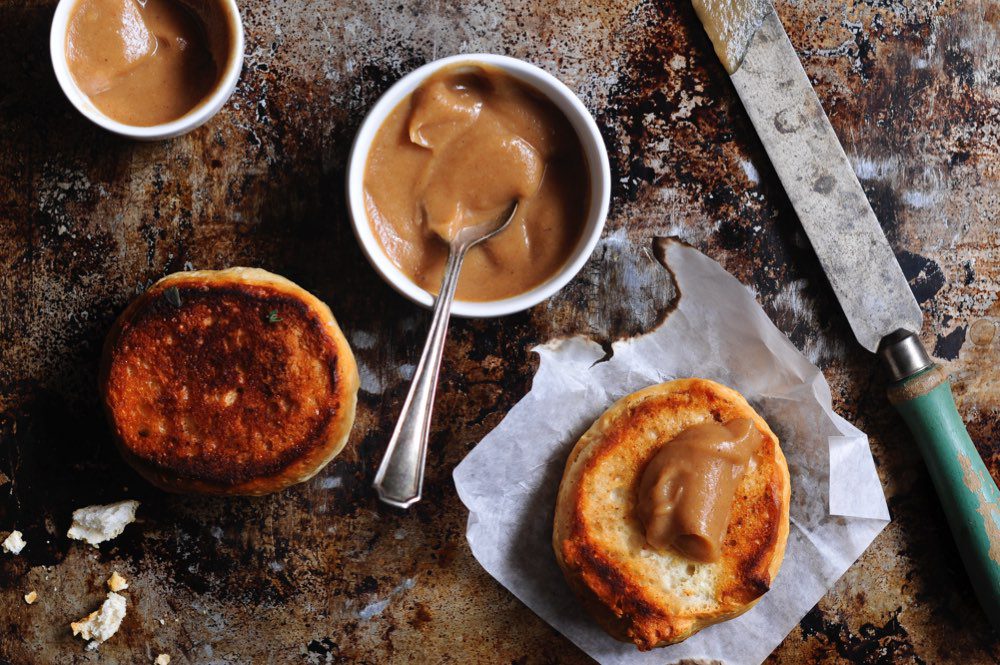
ALL IMAGES © GETTY
Make a difference with every meal
Find out how your food choices impact the planet – and discover the positive changes you can make – by visiting our Eat4Change page.
More to explore
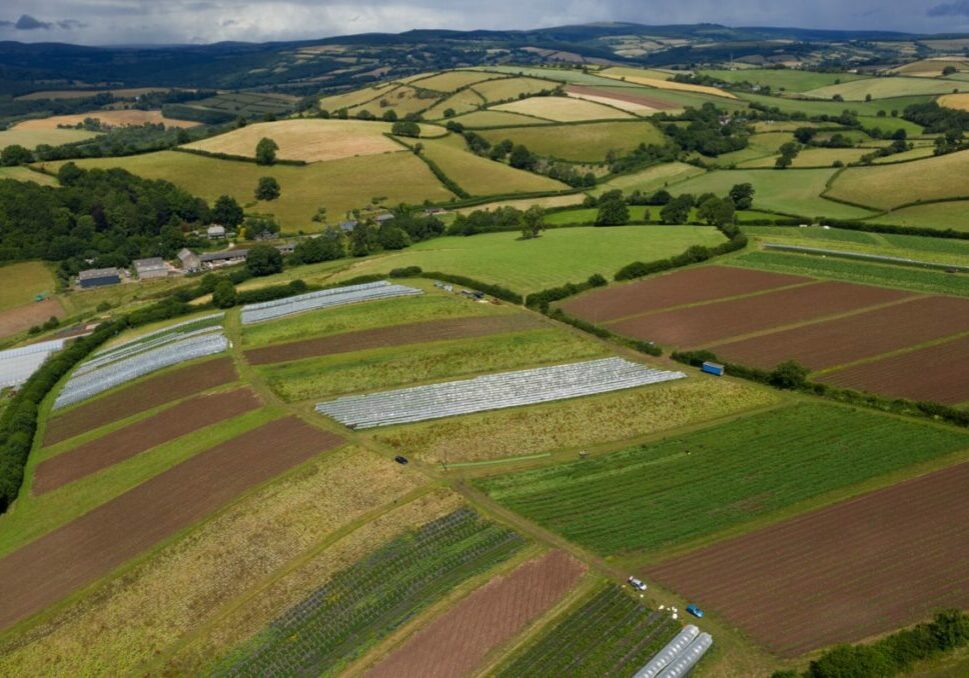
“We’ve become separated from the seasons”
Guy and Geetie Singh-Watson have led the way in organic farming and ethical eating since the 1980s. The restaurateurs and Riverford owners explain why we need to reconnect our food with nature
